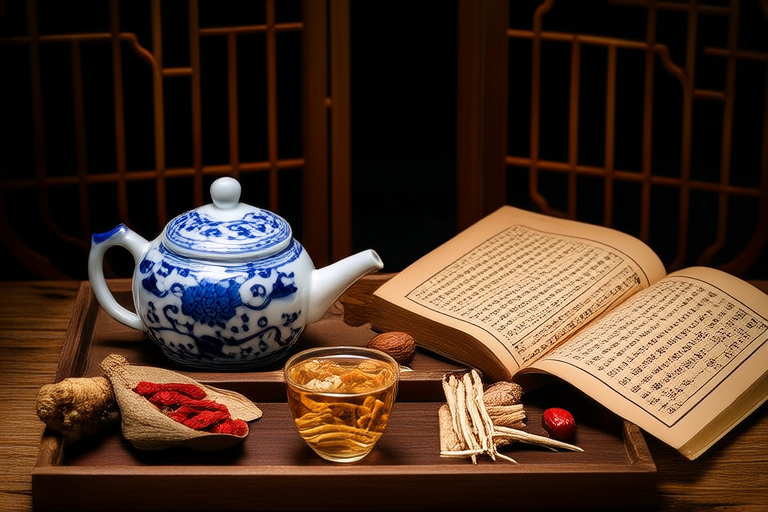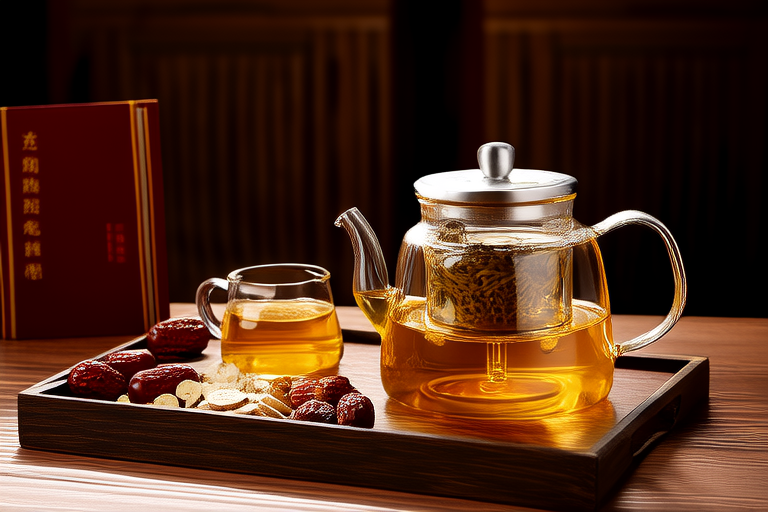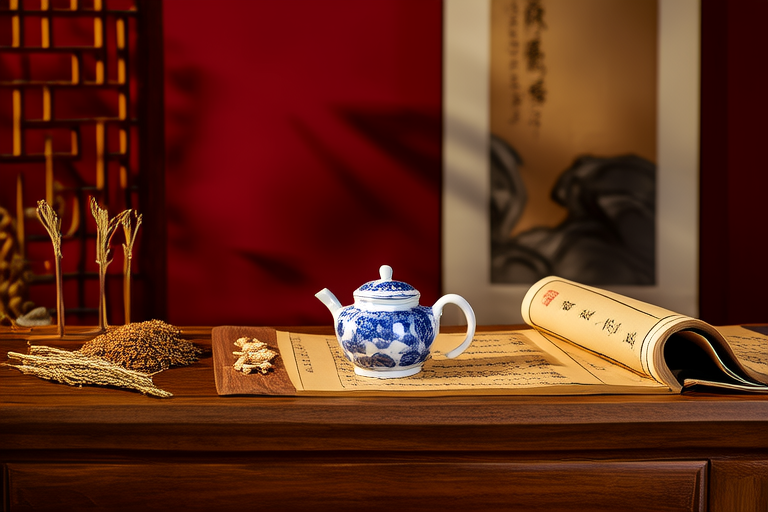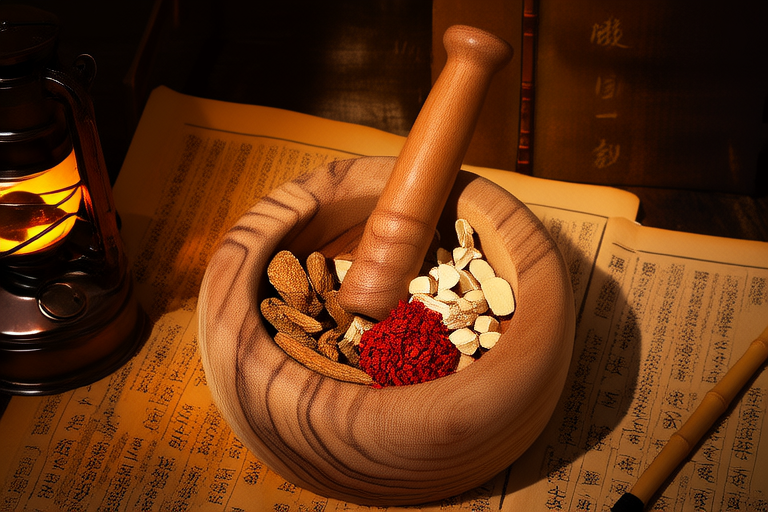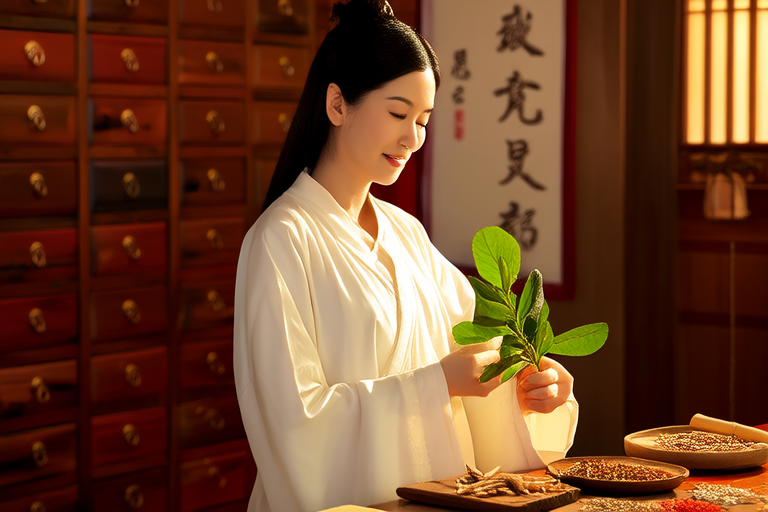Introduction to Health Preservation and Traditional Chinese Medicine
The concept of health preservation (yangsheng) in traditional Chinese medicine (TCM) is an ancient yet enduring practice that emphasizes the importance of maintaining a balance between body and mind for optimal health. This approach focuses on preventing illness before it occurs, rather than treating diseases after they manifest. The principles of TCM align closely with modern health concepts, which advocate for holistic approaches to wellness.
Basic Concepts of Chinese Health Preservation
In TCM, the human body is seen as a microcosm of the universe, where yin and yang, two opposing but complementary forces, interact to maintain harmony. Health is achieved when these forces are balanced. Similarly, modern health science recognizes the interconnectedness of physical, mental, and emotional well-being, promoting lifestyle choices that support overall health.
The philosophy behind TCM’s health preservation includes living in accordance with nature, emphasizing moderation in diet and lifestyle, and cultivating inner peace through practices like meditation and tai chi. These ideas resonate with contemporary notions of self-care and mindfulness, suggesting that taking care of oneself involves more than just physical health.
Common Methods of Health Preservation in Traditional Chinese Medicine
Dietary Adjustment
Diet plays a crucial role in TCM’s approach to health preservation. Foods are classified based on their properties, such as temperature (hot, warm, cool, cold), taste (salty, sour, bitter, sweet, spicy), and effects on the body. By consuming foods that suit one’s constitution and the season, individuals can promote internal balance and prevent disease.
For example, during winter, when the weather is colder, people are advised to eat warming foods like ginger and lamb to nourish the yang energy. Conversely, in summer, cooling foods like watermelon and cucumber help to clear heat from the body.
Acupuncture
Acupuncture involves inserting thin needles into specific points on the body to stimulate the flow of qi (vital energy) along meridians. This practice aims to restore balance and promote healing. Studies have shown that acupuncture can alleviate pain, reduce stress, and improve sleep quality.
Moxibustion
Moxibustion uses moxa (dried mugwort) to warm acupuncture points or meridians. It is believed to strengthen the body’s yang energy and enhance circulation. Moxibustion is often used to treat conditions related to cold or stagnation, such as menstrual cramps or joint pain.
Tui Na Massage
Tui na massage involves manipulating muscles, tendons, and joints to relieve tension, improve circulation, and promote relaxation. Unlike Western massages, tui na focuses on addressing underlying imbalances within the body. Regular sessions can help reduce stress, improve flexibility, and enhance overall well-being.
Qigong
Qigong combines movement, breathing techniques, and meditation to cultivate and regulate qi. Practitioners perform gentle exercises that involve coordinated movements and deep breathing to promote internal harmony. Qigong has been shown to lower blood pressure, reduce anxiety, and boost immune function.
Seasonal Health Preservation Principles
According to TCM, each season corresponds to different organs and elements, requiring specific adjustments to maintain balance. Here are some general guidelines:
- Spring: Liver and Gallbladder – Focus on liver detoxification by eating leafy greens and engaging in moderate exercise.
- Summer: Heart and Small Intestine – Protect the heart by staying hydrated and avoiding excessive heat exposure.
- Fall: Lungs and Large Intestine – Strengthen lung function by practicing deep breathing exercises and eating foods rich in antioxidants.
- Winter: Kidneys and Bladder – Nourish kidney essence by getting enough rest and eating warming foods.
Integrating Traditional Chinese Medicine Health Preservation into Modern Life
To incorporate TCM health preservation into daily routines, consider the following practical suggestions:
- Eat Seasonally: Choose locally grown fruits and vegetables that are in season, as they provide nutrients suited to the current climate.
- Practice Mindfulness: Incorporate meditation or qigong into your schedule to reduce stress and increase awareness.
- Sleep Well: Maintain a regular sleep pattern, aiming for seven to nine hours per night, and create a restful environment conducive to sleep.
- Stay Active: Engage in activities that promote both physical fitness and mental clarity, such as walking, yoga, or swimming.
- Seek Professional Guidance: Consult with a licensed acupuncturist or herbalist for personalized advice tailored to your unique needs.
By adopting these practices, you can integrate TCM health preservation into your modern lifestyle, enhancing your overall well-being and vitality.






